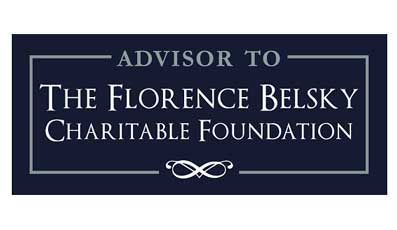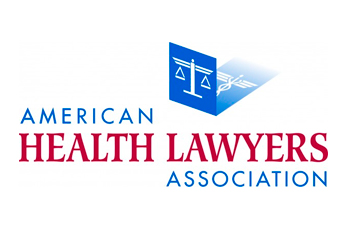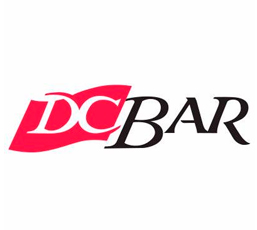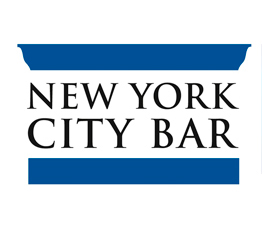Gone are the days where we can be rest assured that all of our digital information—whether it be stored in the “cloud”, on a website, or on our smartphone—is safely protected. We are living in a digital age where an enormous amount of our personal information is stored not in books or on paper, but rather “up there”. We feel comfortable giving our addresses, bank account numbers, and social security numbers to strangers on the other end of a telephone line. As a result, hackers have taken advantage of this information—even information we believe to be “password protected”—to our detriment. It is not uncommon to hear of wire fraud scams, bank account hacks, or stolen credit card information. Unfortunately, the elderly face a high risk of having their information unprotected, as they are a common target of such hackers and scammers.
So, what can we do to better protect ourselves and the elderly? We can passively sit back and hope not to become a victim of a scam, or, we can be proactive and get educated. Here are some suggestions:
1. Create Unique Passwords. I can say with fair certainty, that you, or someone you know, uses either a pet’s name or the street on which you grew up as part of your password, perhaps followed by your birthday or lucky number. If you’re thinking “yes! I do!”, then CHANGE YOUR PASSWORD! Anything that is public information should never be used in a password. Experts suggest using unique phrases that include a mix of lower and upper case letters, symbols, and numbers. Additionally, you should have several “unique” passwords. Never use the same password for more than one log-in code (e.g., your general email account password should differ from your online cable bill paying service).
2. Change Your Passwords. If you’re like the majority of people, you probably change your password once every year, perhaps twice. Studies suggest that you should be changing your passwords (yes, ALL of your “unique” passwords) at least every other month. While this may sound like overkill, it is an extremely important measure to keep your private information safe. And of course, if you have any suspicion that a password or account has been hacked, change that password immediately.
3. Properly Store Your Passwords. Despite the overwhelming amount of available technology promising to safely store our passwords, be “old school.” The safest storage place, no matter the guarantees your new smartphone app makes, is on a piece of paper. Write down your passwords on a piece of paper, in a notebook, etc., and store that information in a safe place. For those of you living with or caring for elder relatives, help them write down and safely store any passwords they may have.
4. Be Your Own Protector. Most adults take time in the morning to enjoy a hot cup of coffee in tandem with another activity. Whether you sip your coffee while reading the newspaper, solving the day’s crossword puzzle, or simply staring out the window, I recommend taking some of that time to check your bank accounts and credit cards online. By being proactive, you are both taking steps to help ensure your information remains safe and looking for any suspicious activity. For those people who do not have the ability to access their accounts online or have trouble doing so, including the elderly, there are plenty of available services, such as Daily Money Managers, to assist.








